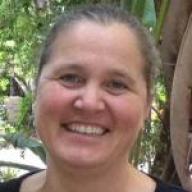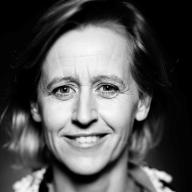 \
&
Contact us
\
&
Contact us
 \
&
Contact us
\
&
Contact us

ann.vanhauwaert@fwo.be
+32 2 550 15 60

Ria.debreucker@vlaio.be
+32 2 553 13 77
Find the contact info on the site of WEWIS
The National Contact Points (NCPs) provide support, guidance, and practical information to potential applicants, helping them navigate funding opportunities and application processes.
The Programme Committee (PC) members represent their country in decision-making about the work programmes, evaluate implementation, and provide strategic input on priorities and calls.
Climate, Energy, Mobility Horizon Europe HorizonEU L+F
The well-known Excel template used to prepare and submit the detailed budget in lump sum proposals will be successively replaced in the course of 2026 by an online detailed budget table, integrated directly in the Part A application forms. The new format is currently used in 9 topics in Cluster 5 (see list below). When preparing the project proposa... read more
Research Infrastructures Health Culture and society Security
In the context of simplification, the Commission has introduced the following substantial changes in the Standard Application Form (Version 5.0) for Horizon Europe Research & Innovation Actions (RIA) and Innovation Actions (IA) and Coordination and Support Actions (CSA): Simplified section 2.1 'Project's pathways towards impac... read more
Infosheets contain edited content on aspects related to this programme. They are reviewed at least yearly.
Related links are easy pointers towards external information. We curate the list, but are not liable for the destinations.
Documents contain additional information related to this programme, and are similar to related links.
The ROOT project obtained funding under Horizon 2020 topic ‘EGNSS applications fostering societal resilience and protecting the environment’. The project, which ran from November 2020 to July 2022, aimed to demonstrate the benefit of Galileo OSNMA signal to increase the robustness of critical telecom infrastructures.
The Flanders-based company Septentrio contributed substantially to completing this objective together with the other ROOT partners. The results of the project partially close a gap in the security of telecommunication networks dependent on satellite-derived time, with indirect benefits in curbing illegal attempts to disrupt network services.